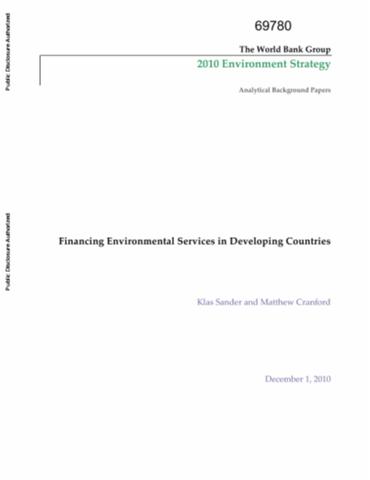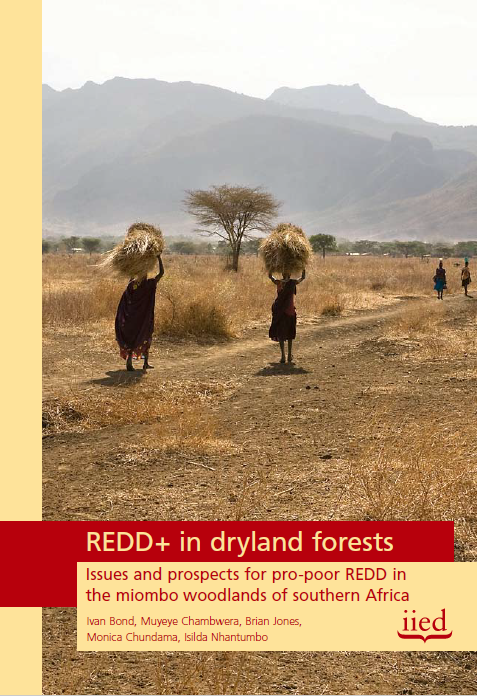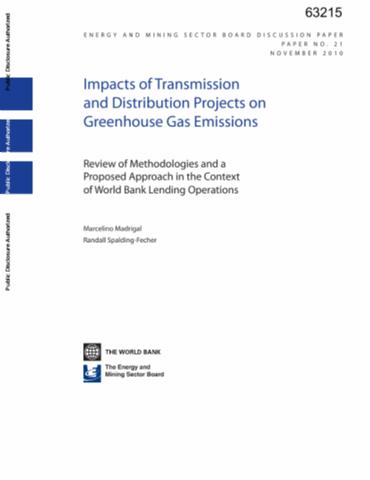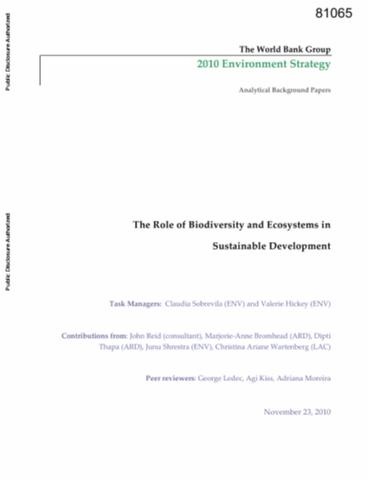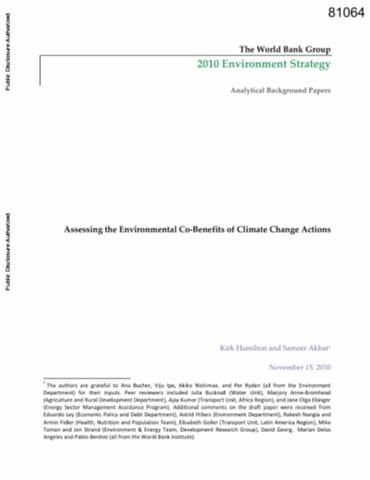Standing tall: exemplary cases of sustainable forest management in Latin America and the Caribbean
The diversity of forest management experiences in Latin America and the Caribbean shows that sustainable forest management is achievable and can be a highly competitive option in a variety of contexts. Communities, companies, NGOs and the state itself, which owns most of the forests in the region, have applied techniques and practices that have kept forests standing while at the same time obtaining economic benefits and contributing to global wellbeing.

